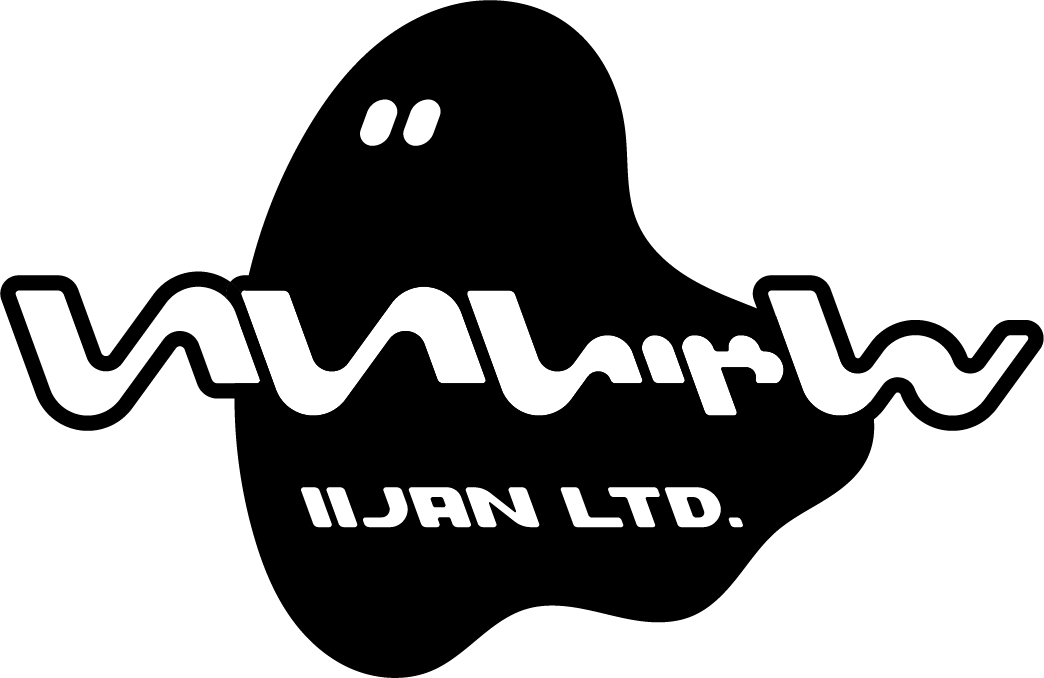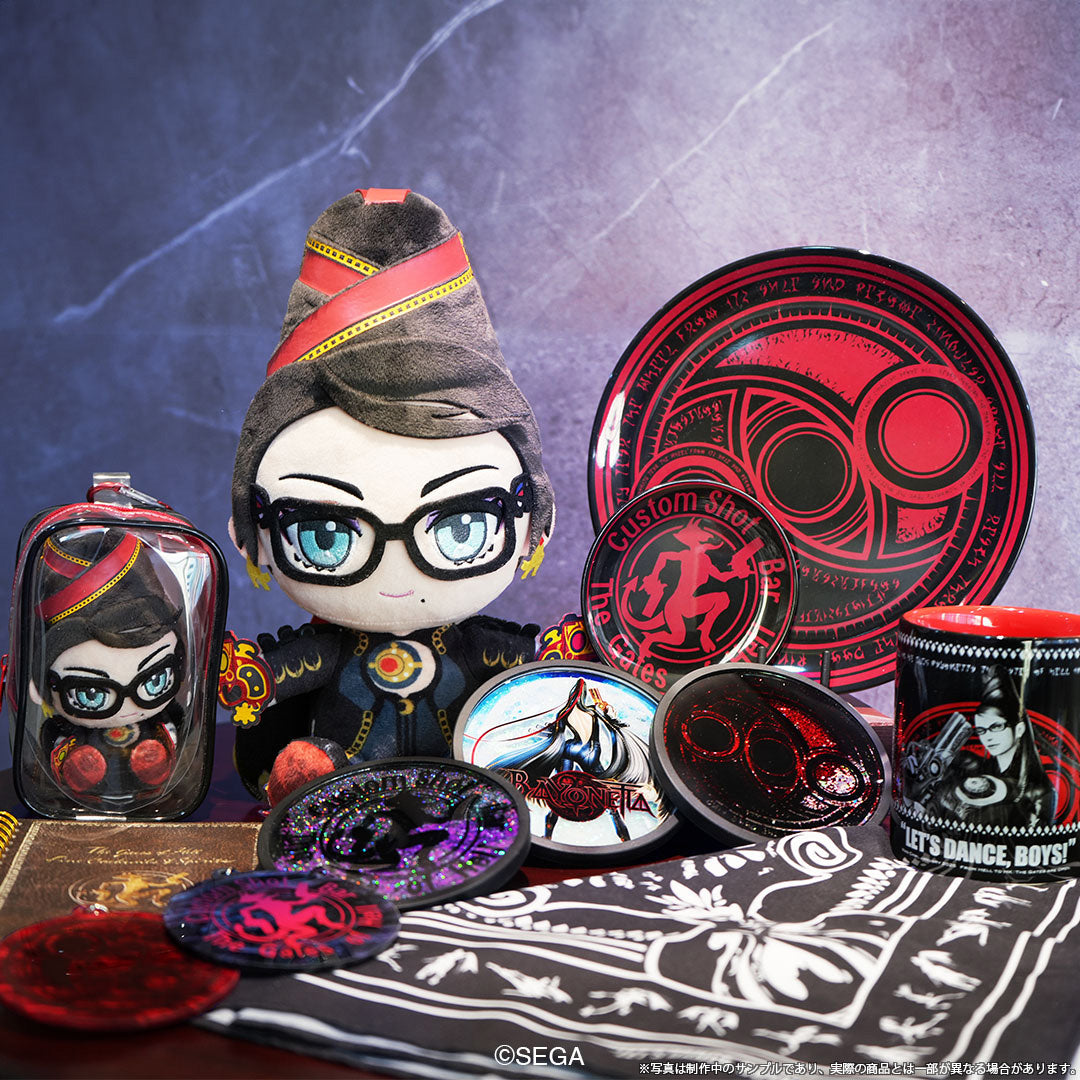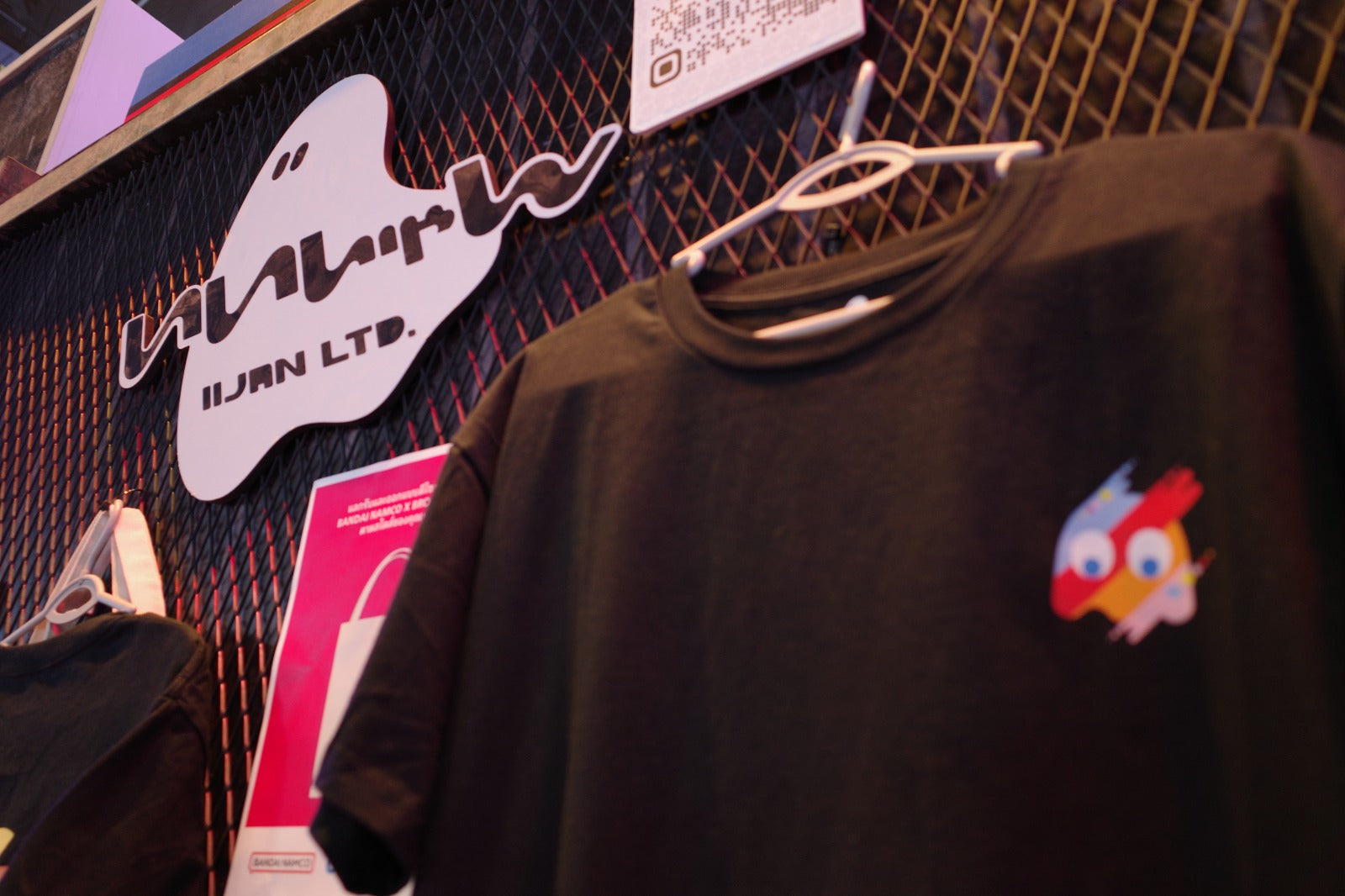記事: 【Furusato P (Producer) Anime Path】Episode 12: "Summoning Mecha Animation Director Shigeta! And What a Producer Should Do?"
【Furusato P (Producer) Anime Path】Episode 12: "Summoning Mecha Animation Director Shigeta! And What a Producer Should Do?"
With the release of Volume 1 underway, it also meant that the release of Volume 2 was approaching. In the production scene, the production assistants were working hard on Volume 2 and Volume 3, but the production schedule continued to fall behind.
Then, I received a consultation from Director Fukuda. "Could you bring Animator Shigeta (Tomonori) here?" "And there's one more thing..."
That's right, Shigeta wasn't involved in Volume 1. At that time, at Sunrise, there was a position known as Mecha Animation Director, responsible for correcting and unifying the drawings of robots and mecha.
Fukuda said to me, "We need Shigeta's expertise to build the Cyber World. And we need his sense for drawing the running scenes of the cyber machines." I immediately contacted Shigeta and met with him.
I explained the situation and earnestly asked for his participation. Naturally, Shigeta had to finish the work he was currently committed to, so he would join the studio as soon as he was done.
Later, when I talked more with Shigeta, he confessed that he felt lonely because I hadn't reached out to him. I deeply reflected on my failure to notice an animator who wanted to participate as a staff member. This made me realize that I needed to be more attuned and sensitive.
Actually, I had met Shigeta during the Brave Series. At that time, I was still a production desk and had asked him to draw the transformation and combination scenes of the robots. Due to other commitments, he couldn't participate then. Perhaps, because he had turned me down before, my antenna, my sensor, had become dull.
Even now, I want to express my gratitude to Shigeta, who dearly loves "Cyber Formula," for joining us.
Shigeta's work within the Cyber World is not only fantastic in the race scenes but also particularly impressive in the detailed drawings of the pit areas. He meticulously corrects scenes filled with cords, pipes, and various machines. His attention to detail makes the Cyber World stand out. The highlights of Shigeta’s key animation and animation direction aren't limited to the race scenes; you should also look for the intricately detailed still images.
Additionally, I have a special old story involving Shigeta. When I was a production assistant at Studio Ghibli, I visited an animation company to deliver and pick up in-between frames for "Castle in the Sky." It turns out that Shigeta was at that company. He later told me, "I heard your voice, Furusato." However, since Shigeta did not come to the entrance to meet me, we didn't get to see each other. I really wished we had met—what a pity.
Then came the time for me to make a significant decision. It was related to another request from Director Fukuda.
The production work was delayed, making it impossible to meet the delivery schedule. Therefore, I had to visit VAP to restructure the release schedule. First, I needed to apologize, explain the reasons for the delay, and then discuss a new release schedule and promotional strategy. I was prepared to take a leap of faith, so I had been extremely nervous for several days.
This situation gave us a bit more time before the release, but we had to move forward without compromising quality and while adhering to Director Fukuda's vision. As soon as I returned from VAP, we gathered the production assistants and setting production staff to discuss the new schedule.
We moved forward as a united team, brainstorming the best way to proceed. Everyone worked hard to secure the necessary creators.
I had begun to understand the differences between the roles of a desk and a production assistant, but it was around this time that I felt I grasped the distinctions between the roles of a desk and a producer. Trusting the production team members who have shared the same experiences with me, I delegate tasks where needed. There are also things that only I can do, such as promotion and commercialization, so I will tackle those head-on!.
Additionally, I clearly understood one crucial role of a producer. It is to "ultimately make decisions and take responsibility for them." I engraved this in my heart. Being the leader of a project means that if it fails, it's because of the decisions I made, and if it succeeds, it's thanks to my subordinates and colleagues. In other words, I realized that being a producer means shouldering "responsibility."
Regarding "Cyber Formula SAGA," the audience expressed their desire to see more. This was a delightful situation, boosting our motivation.
Until now, I haven't written much about my very important production colleagues, so I'd like to share a bit about them.
Since I was a rookie producer, the chief assistant, the assistants, the setting production team, and the production office staff probably didn't know how to interact with me. Additionally, I didn't know what I should be doing at first, so during lunch, I would run to Tokyo Laboratory to pick up film and rushes. The assistants worked until morning, so they couldn't go for the pickups at noon, so I went in their place.
By the way, a "rush" refers to a print (positive film) made after developing the film (negative film) that captured the cells and backgrounds, which is then used to view the footage on the studio's projector. We called this print a rush. It consisted of separate cuts. We would project these cuts on the screen using a projector. If retakes were necessary, they would be fixed immediately. Nowadays, with digital technology, all work is done on computers, and exchanges are made via hard drives or managed on servers.
The Cyber team at Studio 10 was a small production studio. However, I remember it being a very warm and vibrant place. I recall Director Fukuda, character designer Hisayuki, mecha animation director Shigeta, and other staff and assistants eating CoCo Ichibanya curry together. I even remember going to buy it myself, which brings back very nostalgic memories.
As I looked through the album, I found photos from a trip we took somewhere. They brought back many nostalgic memories. I remembered the faces of everyone from back then. I recalled how my production colleagues were there, each doing their respective jobs with great dedication. We had intense discussions in the meeting room about the best way to create Cyber Formula SAGA, sharing our honest opinions with each other. The various opinions that emerged from these discussions eventually led to the creation of the next installment, "SIN."
Speaking of my production colleagues, some are still in the industry, while others have moved on to different fields, each living their own lives. I can only hope that they are all healthy and thriving. It’s not quite a reunion, but I do wish I could see them again.
Also, I realized that in 2026, "Cyber Formula SAGA" will mark its 30th anniversary. Wow, a lot of time has passed. I'm glad I could write this while my memories are still intact.
This concludes the manuscript for Episode 12. Up to this point, we've covered the first half of "Cyber Formula SAGA." Thank you for reading so far. Moving forward, I plan to take a brief detour and then continue writing about the second half of "SAGA."
P.S.:
I've also started the YouTube channel "Furusato P Anime Road" today, so please make sure to subscribe and check it out.
🔻Here is the link
https://www.youtube.com/channel/UC_jrvVljSFUhGmxpCvYuq5A
🔻Furusato P Photo Album: This Week's Photo

Naotake Furusato
Born on May 3, 1961, in Aomori Prefecture, Japan, began his career in the anime industry in 1982 as a production assistant at Nippon Animation. By 1985, he was working as a production assistant on Studio Ghibli's "Castle in the Sky." In 1987, he joined Sunrise, where he contributed as a production progress staff, setting creator, production desk, and assistant producer (AP) on projects like "Mister Ajikko" and the "Brave Series." He was promoted to producer starting with "Future GPX Cyber Formula SAGA" and went on to plan and produce 14 original animation titles, including "Outlaw Star," "GEAR Fighter Dendoh," "Go! Machine Robo Rescue," "Mai-HiME," and "Mai-Otome."
In February 2011, Furusato established his own planning company, Odd Eye Creative, Inc. He served as planner and producer for series such as "Phi Brain: Puzzle of God" and "Cross Ange: Rondo of Angels and Dragons." He also assisted in planning "Revue Starlight" and participated as an associate producer on "Grendizer U." Currently, he is involved in the gaming sector and is preparing new projects.





コメントを書く
このサイトはhCaptchaによって保護されており、hCaptchaプライバシーポリシーおよび利用規約が適用されます。